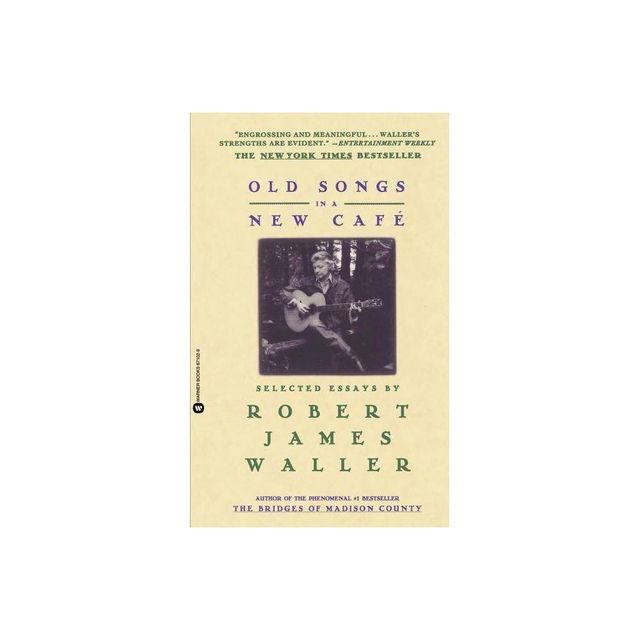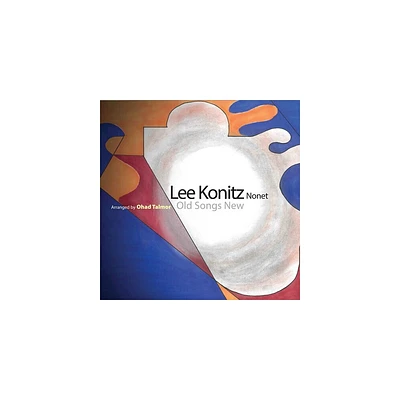Home
The Old Songs are Always New: Singing Traditions of the Tiwi Islands
Loading Inventory...
Barnes and Noble
The Old Songs are Always New: Singing Traditions of the Tiwi Islands
Current price: $45.99


Barnes and Noble
The Old Songs are Always New: Singing Traditions of the Tiwi Islands
Current price: $45.99
Loading Inventory...
Size: OS
*Product Information may vary - to confirm product availability, pricing, and additional information please contact Barnes and Noble
It's really great. It's like they're all here. I hear all of these voices and I sing with them, you know? - Yikliya Eustace Tipiloura, senior songman and Elder
Perhaps the most defining feature of Tiwi song is the importance placed on the creative innovation of the individual singer/composer. Tiwi songs are fundamentally new, unique and occasion specific, and yet sit within a continuum of an oral artistic tradition. Performed in ceremony, at public events, for art and for fun, songs form the core of the Tiwi knowledge system and historical archive. Held by song custodians and taught through sung and danced ritual, generations of embodied practice are still being created and accumulated as people continue to sing.
In 2009 Genevieve Campbell and eleven Tiwi colleagues travelled to Canberra to reclaim over 1300 recordings of Tiwi songs, made between 1912 and 1981, that are held in the archives at the Australian Institute of Aboriginal and Torres Strait Islander Studies (AIATSIS).
The Old Songs are Always New
explores the return home of these recordings to the Tiwi Islands and describes the musical and vocal characteristics, performance context and cultural function of the twelve Tiwi song types, giving an overview of the linguistic and poetic devices used by Tiwi composers.
For the past 16 years Campbell has been working closely with Tiwi song custodians, studying contemporary Tiwi song culture in the context of the maintenance of traditions and the development of new music forms. Their musical collaboration has resulted in public performances, community projects and recordings featuring current senior singers and the voices of the repatriated recordings. For this publication, Elders have enabled the transcription of many song texts and melodies for the first time, shedding light on how generations of Tiwi singers have connected the past with the present in a continuum of knowledge transmission and arts practice.
Perhaps the most defining feature of Tiwi song is the importance placed on the creative innovation of the individual singer/composer. Tiwi songs are fundamentally new, unique and occasion specific, and yet sit within a continuum of an oral artistic tradition. Performed in ceremony, at public events, for art and for fun, songs form the core of the Tiwi knowledge system and historical archive. Held by song custodians and taught through sung and danced ritual, generations of embodied practice are still being created and accumulated as people continue to sing.
In 2009 Genevieve Campbell and eleven Tiwi colleagues travelled to Canberra to reclaim over 1300 recordings of Tiwi songs, made between 1912 and 1981, that are held in the archives at the Australian Institute of Aboriginal and Torres Strait Islander Studies (AIATSIS).
The Old Songs are Always New
explores the return home of these recordings to the Tiwi Islands and describes the musical and vocal characteristics, performance context and cultural function of the twelve Tiwi song types, giving an overview of the linguistic and poetic devices used by Tiwi composers.
For the past 16 years Campbell has been working closely with Tiwi song custodians, studying contemporary Tiwi song culture in the context of the maintenance of traditions and the development of new music forms. Their musical collaboration has resulted in public performances, community projects and recordings featuring current senior singers and the voices of the repatriated recordings. For this publication, Elders have enabled the transcription of many song texts and melodies for the first time, shedding light on how generations of Tiwi singers have connected the past with the present in a continuum of knowledge transmission and arts practice.


















